Emotion #1: Fear
Successful entrepreneurs take risks. They are typically calculated risks, but risks nonetheless. Sometimes you have got to trust the God-sent intuition that sits in your gut. Of course, risk-taking alone won’t get you to where you want to be, but speaking up, stepping up, going against the grain, doing things differently, being unpopular and misunderstood, failure, blazing a new trail—these are all things that the world’s greatest achievers have endured and faced. Most didn’t reach the mountaintop without overcoming fear. So make sure the delays and procrastination of starting your business aren’t rooted in fear. Make sure you’re not sabotaging your success with silly moves and missed deadlines because deep down you are afraid to fail. Examine and list all of your fears and then make it a point to do something scary every day that conquers those fears.
Fear often shows up in actions like endless preparation without execution, avoiding networking opportunities, or hesitating to pitch your business. If you find yourself stuck in “analysis paralysis” or shrinking back when it’s time to promote yourself, fear may be the culprit. Recognizing these behaviors can help you start taking intentional steps to push through fear and step into your power.
Emotion #1: Self-Doubt
When I think about self-doubt, I think about the power in the lesson of The Wiz. Often our self-doubt comes from society’s definitions and our mistaken perceptions about who success is reserved for, and our inability to see ourselves as just as capable and worthy of that success. The reality is, when you look behind the curtain, we’re all just trying to find our way and walk in our purpose. We all get scared. We all fail and fall short, but also we all can be great. It starts with a decision to be great, then the follow-through on the decision and then the persistence and courage to get up when we fall. Repeat. So don’t talk yourself out of seeing the millionaire in you. Don’t listen to the narrative that tells you you’re not ready, worthy, capable, or strong enough.
Self-doubt can manifest in behaviors like over-apologizing, second-guessing your decisions, or constantly seeking validation before making a move. You might notice you hesitate to charge what you’re worth or undervalue your services to avoid rejection. Becoming aware of these patterns allows you to confront the doubts and replace them with affirmations of your worth and capability.
Emotion #1: Overwhelm
We’ve all been there, but you’ve got to pull it together and get on track when the overwhelming feelings attempt to take over. Map out the list that seems scary—no matter how long, the items on it CAN be tackled, whether it’s one week, day, or hour at a time. Commit to focusing on things in order of priority. Say no and learn to recognize when an “urgent matter” isn’t really urgent enough to disrupt your schedule and system. Figure out where your distractions and fires come from—meaning track them. The ones that show themselves most probably can be fixed with an automated system, delegation, or outside help. Read my blog, You’re On Track If Your Daily Focus Is In These 4 Areas, and learn to release or at least block time more strategically for your work on the things that don’t fall in these areas. If you want to reduce feelings of overwhelm, name and visually map everything that keeps you up at night, putting those items in priority order, and find ways to eliminate some of them from your plate. Learning to focus more relentlessly on prioritized outputs and over time things will fall into place and chaos will seize.
Overwhelm often shows itself in behaviors like snapping at loved ones, staying busy without real productivity, or avoiding your workspace altogether. If you find yourself stuck in a cycle of overthinking or feeling physically drained by your workload, these could be signals that you need to pause, re-strategize, and take intentional action to manage the chaos.
Emotion #1: Distrust
Trust yourself. Trust God. Trust the universe. Trust your intuition. When your spiritual, physical, and emotional house is in order, you trust these things. When you do, it makes it easier to trust relationships, people, opportunities, and risks as well. Why? It’s because you’ll have clarity and focus, and because you can sense and screen better. When I meditate and pray, work out, eat healthy, and read, I’m better-positioned to make the right decisions about business relationships, opportunities, risks, pivots, and other major decisions. My discernment is sharp and on point. Don’t sleep on the value of your state of mind, body, and spirit and its impact on your business success.
Distrust may appear in behaviors like micromanaging your team, hesitating to form partnerships, or avoiding collaboration. If you struggle to delegate or constantly feel the need to double-check everything, it might be time to examine whether distrust is holding you back from fully leveraging your resources and relationships.

